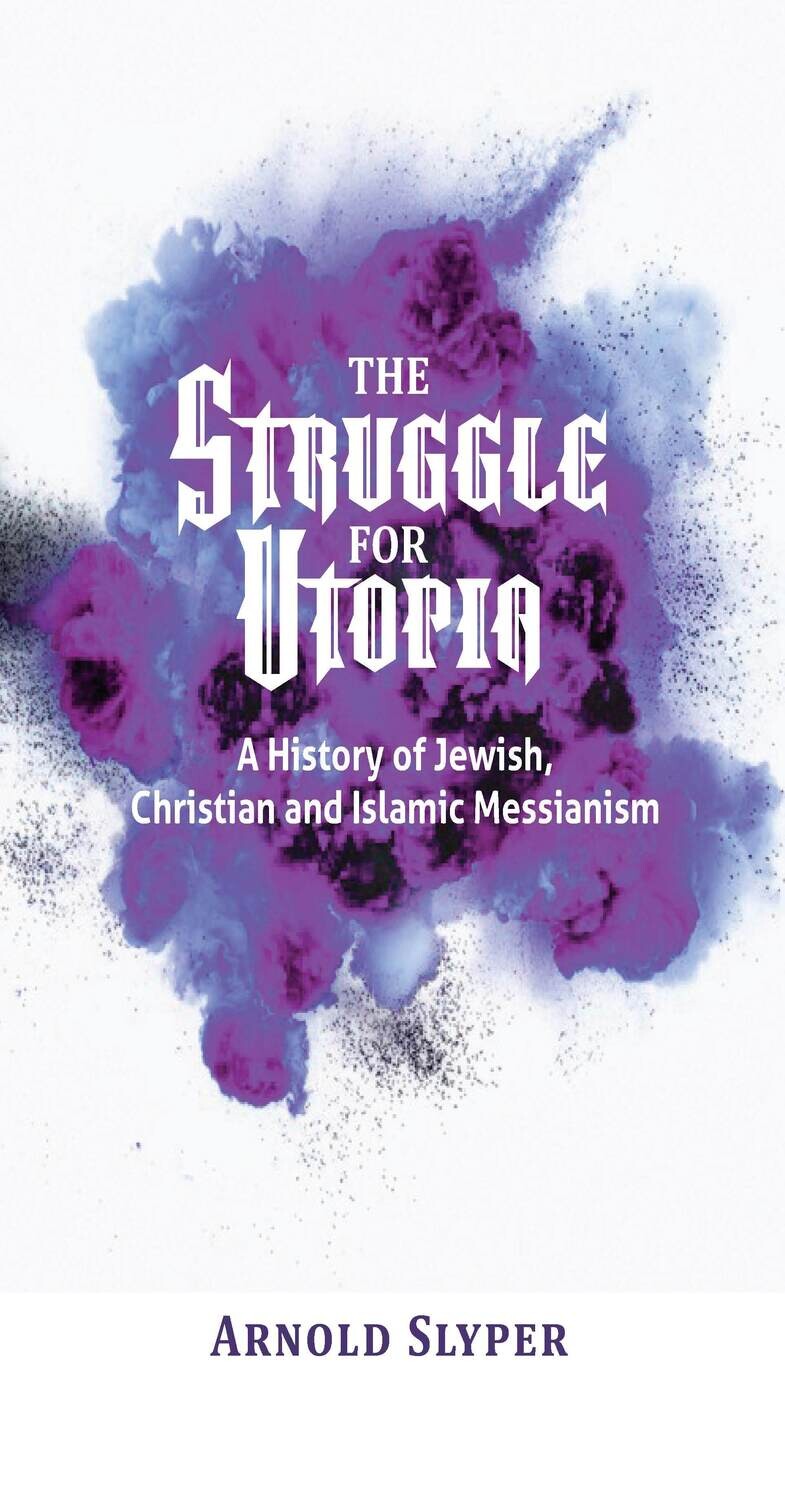

Sales for the books "In and Around Jerusalem for Everyone" and "The Struggle for Utopia. A History of Jewish, Christian and Islamic Messianism"
The Struggle for Utopia. A History of Jewish, Christian and Islamic Messianism
The notion of a utopian society was developed by the Bible and represented a momentous milestone in the history of civilization. This idea would evolve within Judaism into the messianic concept. But how did this occur? How did Christianity and Islam adopt the messianic idea? Why did many Christians and Muslims eventually turn against Jews to the point of hatred? Is the current redemption of the Jewish people foretold by the Torah and ancient prophets of Israel messianic or not? And if not, what is it? These are some of the questions that provided the impetus for the writing of this book.
To explore these issues, Dr. Arnold Slyper describes the stories of the individuals most influential in developing utopian and messianic concepts for the three main monotheistic faiths. He relates how these ideas were influenced by the historic period in which they lived, and how their ideas influenced Jewish and world history. These figures include Abraham, Moses, the prophets Isaiah, Micah, Jeremiah, Haggai and Zechariah, John the Baptist, Jesus of Nazareth, Paul of Tarsus, Muhammad, Maimonides, Nachmanides, Rav Abraham Kook, and the Grand Mufti of Jerusalem Amin al-Husseini.
The book advances the theses that religious messianism has been and continues to be an extremely powerful force in world history and that many of the external conflicts related to Jews and Israel can only be understood by appreciation of their messianic roots. Similarly, much antisemitism, and conversely love of Jews, have messianic underpinnings. Other topics covered are ethics, redemption, death, resurrection, jihad, End of the World, apocalypse, and the Temple Mount.
Why Choose Us?
Inandaroundjerusalem.com is a website providing walks and hikes in the city of Jerusalem and in the countryside around
